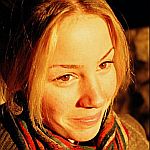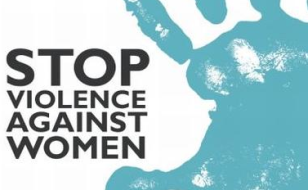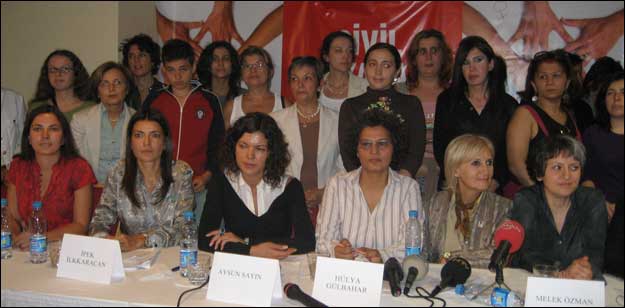The Ministry of the Interior is carrying out a project on Women’s Shelters, financed by the EU Commission, and supported technically by the United Nations Population Fund (UNFPA).
Reporting on violence can also be violence
As part of this project, the Ankara University Communications Studies Faculty has been offering a series of workshops on “Violence towards Women and the Media”. The workshops took place from 2 to 8 February.
The most important aim of the workshops was to make students realise that reporting on violence towards women can also turn into a kind of violence. Zerrin Coşkun, a fourth-year journalism student from Ankara told bianet, “The media is a sector that legitimises violence. Through workshops like these, we become more sensitised towards violence.”
Photography, visual arts, PR, Internet, short film and documentary, radio and advertising workshops all discussed what services local government should offer women experiencing violence.
During a panel attended by police officers, students also questioned the police violence towards women on the 8 March Women’s Day protests.
Greater awareness
The Ankara University Communications Studies Faculty had previously organised two workshops on gender and the media. According to lecturer Mehmet Sobacı, this series of workshops represented a further development in student awareness.
75 students from around 20 communications faculties in Turkey participated in the training, which also aimed at creating awareness of municipal family advice centres. If the products created in the workshops are considered of a high enough quality, then municipalities in Ankara, Samsun, Gaziantep, Antalya, Bursa, Eskişehir, Istanbul and Izmir will use them to promote their services.
Student Zerrin Coşkun said, “the statistics are surprising and very frightening. The media is using misleading and exaggerated language to attract attention with news items. We try to emphasise without showing the violence.” She said that the workshops had taught her about the existence of legal loopholes. She added that she hoped that the municipalities could reach more people with their projects and open more women’s shelters.
Workshops changed preconceptions
Ankara University PR student Hasan Kızılkan said, “I used to think that people exposed to violence stay silent because of pressure around them. But now I have realised that violence is internalised. It is in our hands to get rid of the violence in our lives.”
Selin Bayrak, a Media-Communications student from Izmir, said that this was the first time she was working on violence towards women. She has noticed that women always try to avoid speaking to journalists asking questions in the streets, while men are very comfortable answering questions.
Duygu Akaltan, a student in the Radio, Television and Cinema department of Maltepe University (Istanbul), said that they were able to ask the police about the violence women demonstrators had experienced on the hands of the police on 8 March, but that the police officer had not answered.
Serdal Koçer, of the Radio, Television and Cinema department at Ankara University, said that prior to the workshops he had believed that only “uneducated people” were violent towards women. “The workshop has changed my opinion,” he said. “We are trying to emphasise violence without showing and reproducing it.”
On the last day of the workshops, the products prepared in the sessions were exhibited and shown. (BT/EZÖ/AG)









